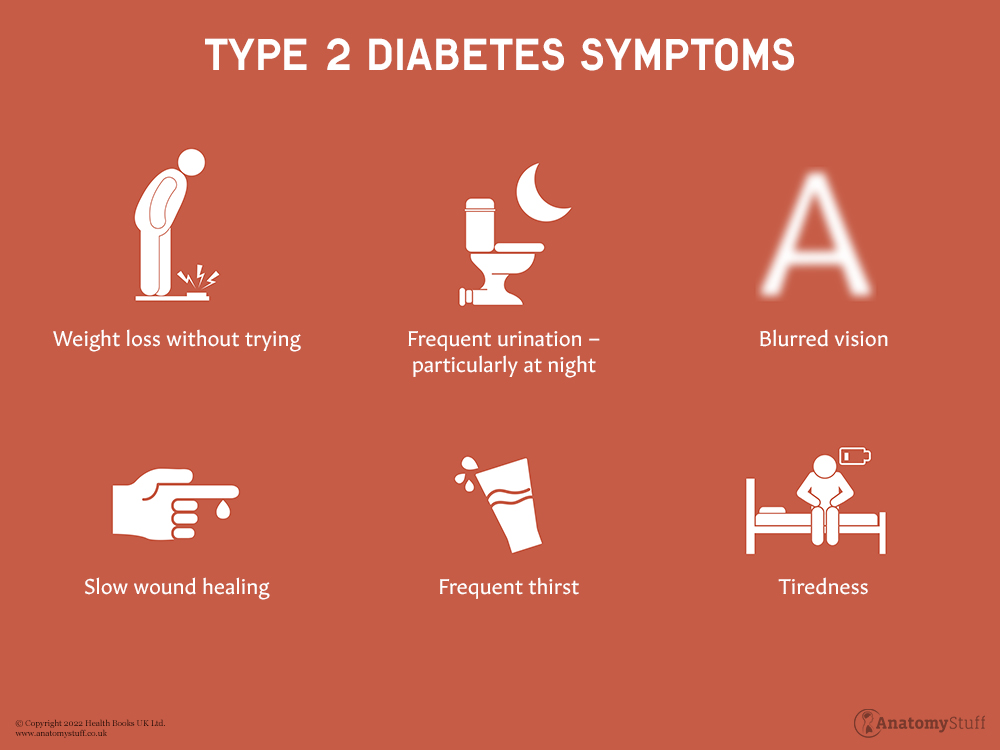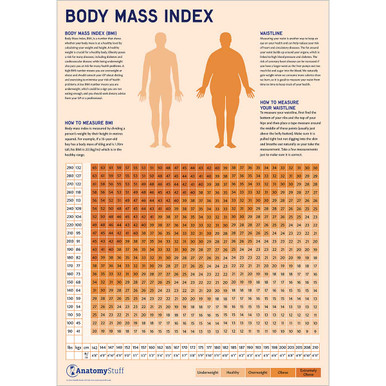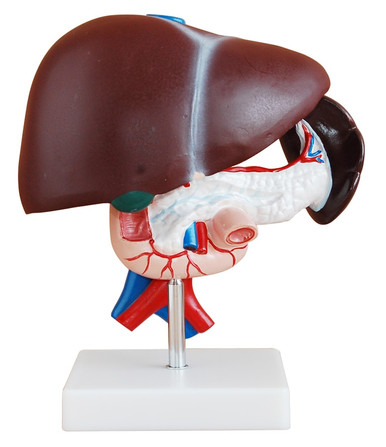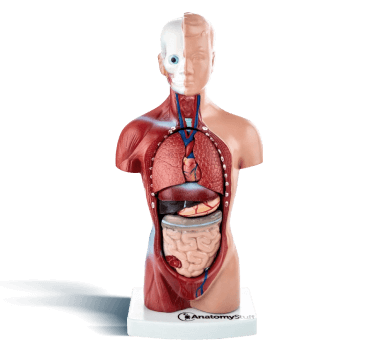Type 2 Diabetes
When it comes to our health and well-being, here in the UK, doctors are especially concerned about the number of people currently living with diabetes. In particular, type 2 diabetes is proving to be especially common in more and more people. What’s even more frustrating is the fact that type 2 diabetes can be very easily avoided by making healthy lifestyle changes.
Caused by a lack of insulin being produced by the pancreas or by the insulin produced by the pancreas not being enough to control and regulate blood sugar levels, diabetes can lead to very serious health issues if left unmanaged. Potential health issues include loss of sight, kidney damage, heart disease, loss of limbs, poor circulation, and more.
Typically, before a patient is diagnosed with type 2 diabetes, they’ll find that their blood sugar levels are unusually high. This state is known as pre-diabetes. Addressing pre-diabetes is especially important because around 37% of people with untreated pre-diabetes will go on to develop diabetes in the next four years.
Symptoms
Symptoms include frequent urination – particularly at night, frequent thirst, tiredness, weight loss without trying, itching around your penis or vagina, regular thrush, blurred vision, and slow wound healing. See your GP if you experience these symptoms or are concerned.

Risk factors
Some risk factors are associated with the onset of type 2 Diabetes, such as being over 40, having a close relative with diabetes, being overweight or obese, or being of African-Caribbean, black Asian or African origin.
Managing Diabetes
Unlike many other conditions, diabetes is managed mainly by you, with support from your healthcare team and family.
Managing diabetes can be overwhelming at times, but it is manageable, and once you keep to your diabetes care plan designed with you and your care team, then diabetes doesn’t need to control your life. Control it, so it doesn’t control you is the motto with this type of diabetes.
Some diabetes can be well managed with exercise and a healthy diet, or your GP might prescribe medicines to help manage your blood sugar.
You’ll need a diabetes care plan stating how regularly you need to check your blood sugars and record them. Your GP can support with this plan.
A healthy lifestyle with regular exercise, a good, well-balanced diet, good sleep habits, and keeping up with all your appointments is the best way you
If you are newly diagnosed with diabetes, make sure you meet with your diabetes educator/ nurse and care team to gather information on how to:
• Keep up a healthy eating and activity routine
• Test your blood sugar and record the results
• Be able to recognise the signs of high or low blood sugar and how to act on them
• If needed, take your medications on time and as prescribed
Monitor your feet, skin, and eyes to detect issues early, as these are key areas to monitor for issues that originate from diabetes.
Manage stress and try to be active, eat the diet advised by your dietician, attend all diabetes-related appointments, and don’t forget to talk to people about your condition – if you feel down, overwhelmed, or concerned, there are several supports available so don’t be afraid to ask!
Lead a healthy lifestyle
Type 2 diabetes is a condition that can be prevented and managed by leading a healthy lifestyle. We know you’ve heard this a million times before, but in the case of type 2 diabetes, it really is true.
Studies have found that smoking, excessive alcohol consumption, an unhealthy diet, and a lack of exercise and nutrients can all contrite towards diabetes. Not only that, but they can also contribute towards weight gain, which, again, can increase your risk of diabetes.
To reduce your risk of diabetes and pre-diabetes, make healthy lifestyle choices such as drinking more water, exercising more, not smoking, not drinking alcohol excessively, cutting out junk food, and eating plenty of fresh fruits and vegetables.
Cut back on your carbohydrate intake
One of the best things you can do to prevent diabetes is to cut back on your carbohydrate intake.
In the body, carbs are broken down into smaller glucose sugar molecules that enter the bloodstream. To regulate the blood sugar levels, your pancreas will produce insulin which shuttles the sugars out of your bloodstream and into your cells.
The problem with people with pre-diabetes is that the cells in the body are already resistant to insulin. The pancreas will therefore work harder to produce more insulin to get blood sugar levels down. This can lead to higher and higher blood sugar levels as insulin resistance levels increase and the pancreas begins to suffer.
Avoid simple carbohydrates such as refined sugar, sweets, white bread, white flour etc., because these cause spikes in insulin levels much quicker. Instead, opt for slow-release complex carbohydrates such as whole grains, brown rice, and whole wheat bread.
All carbs cause the pancreas to release insulin; it’s just that complex carbs are digested much slower and don’t cause blood sugar levels to spike quickly.
Lose excess weight
Obesity is closely related to type 2 diabetes, especially in those who carry a lot of abdominal belly fat. Much research has found that even a small amount of weight loss – around 5-7% of excess weight – can significantly reduce the risk of type 2diabetes.
Exercise more
Exercise is an excellent way of preventing type 2 diabetes. Studies have found that pre-diabetics often have insulin resistance, which reduces the effectiveness of the insulin their pancreas produces. Exercise can increase insulin sensitivity, meaning the pancreas needs to produce less insulin to regulate blood sugar levels. A wide variety of physical activities can help reduce insulin resistance, from weightlifting and aerobic activity to interval training. Get moving and enjoy the benefits!
Drink more water
Sugary drinks are a big no-no for diabetics and pre-diabetics. Not only can they cause tooth decay and weight gain, but they can also increase your blood sugar levels and put you at risk of diabetes. Even fruit juices, which are high in nutrients, are full of fructose sugars and should be consumed sparingly. For hydration, ditch the sugary beverages and instead opt for water, preferably mineral water.
Where to get support
If you have been diagnosed with diabetes, you may have many questions and worries. One of the best places to get support is Diabetes.org.uk, which offers different levels of assistance. You can also join support groups in person or online – ask your diabetes nurse or other care team member for links to your local support groups.
There are support groups up and down the UK, which you can visit in person and virtually online. Don’t be afraid to ask; that’s what they’re there for, after all.
If you would like more type 2 diabetes learning resources, then take a look at our type 2 diabetes education collection.
Related products
View All












